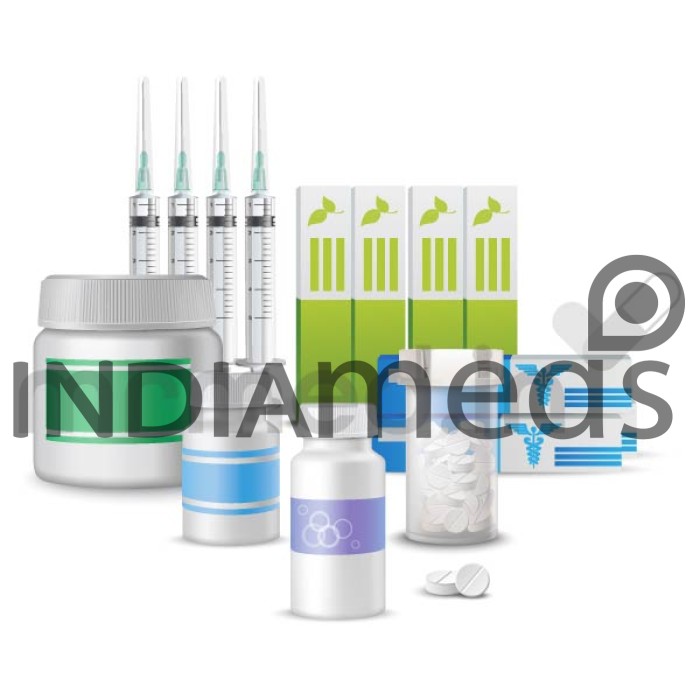R-Vac injection contains the live attenuated rubella virus. It belongs to the class of medications called immunological agents. It is used to prevent rubella. Rubella is a viral disease that mainly affects the fetus if a woman is infected with this virus during the first three months of pregnancy. This vaccine is given to children to prevent them from the disease. Do not use this medicine if you are allergic to any virus or gelatin. This vaccine is not recommended for pregnant women. Inform your physician if you are using medicines that weaken the immune system.
Inform your physician if you have a high fever, active infection, HIV or AIDS, blood problems, or any other medical conditions before receiving this vaccine. Do not self-administer the vaccine. Like other vaccines, the R-Vac injection can cause mild side effects like pain and redness at the injection site, low-grade fever, rash, and upper respiratory infections like cough and cold. If MMR (mumps, measles, rubella) combination vaccine is missed, your doctor will administer this separate vaccine at the age of 12 years and above.
Therapeutic Effects of R-vac Injection
Pregnancy
Do not take R-Vac injection if you are pregnant because this may harm the unborn baby. Inform your physician if you are pregnant, suspecting pregnancy, or planning to get pregnant during the treatment.
Breast Feeding
R-Vac injection should be used cautiously during breastfeeding. Inform your physician if you are breastfeeding before receiving the treatment.
Lungs
It is unknown whether R-Vac injection can be used in patients with lung disorders. Consult your doctor if you have any lung diseases before starting the treatment.
Liver
There is limited information available on the use of R-Vac injection in patients with liver disease. Please consult your doctor if you have any liver diseases.
Alcohol
It is not known whether it is safe to consume alcohol with rubella Vaccine. Please consult your doctor.
Driving
It is safe to drive after receiving R-Vac injection.
Common
- Pain and redness at the site of injection
- Low-grade fever
- Cough and cold
Serious
- Allergic reactions
The R-Vac injection does not contain the live rubella virus, so it cannot cause a rubella infection. The vaccine contains weakened or inactivated forms of the virus or specific components that stimulate the immune system to produce a protective response.
The R-Vac injection provides long-lasting immunity. In most cases, it provides lifelong protection against rubella. However, in rare instances, some individuals may lose their immunity over time, and a booster dose may be recommended in certain situations, such as during outbreaks or if traveling to areas where rubella is prevalent.
The R-Vac injection should not be administered during pregnancy because it contains weakened virus components that could potentially harm the developing fetus. If you are planning to become pregnant, it is recommended to get vaccinated before conception to ensure protection. Avoid getting pregnant at least for 28 days after receiving the vaccine
Individuals with a weakened immune system, such as those with certain medical conditions or undergoing immunosuppressive therapy, may not receive live vaccines like the R-Vac injection. It is important to consult with a healthcare provider who can evaluate individual circumstances and provide appropriate recommendations.
Generally, the first dose is administered at between 11 and 15 months of age. In case, you have missed the dose, it will be given at the age of 12 and above in females. Your physician will tell you when to administer the vaccine. It is necessary to consult your doctor before administering the vaccine.
Molecule name: Rubella vaccine | Therapeutic class: Live attenuated Vaccine |
Pharmacological class: Immunological agents | Indications: Prevention of rubella virus |





